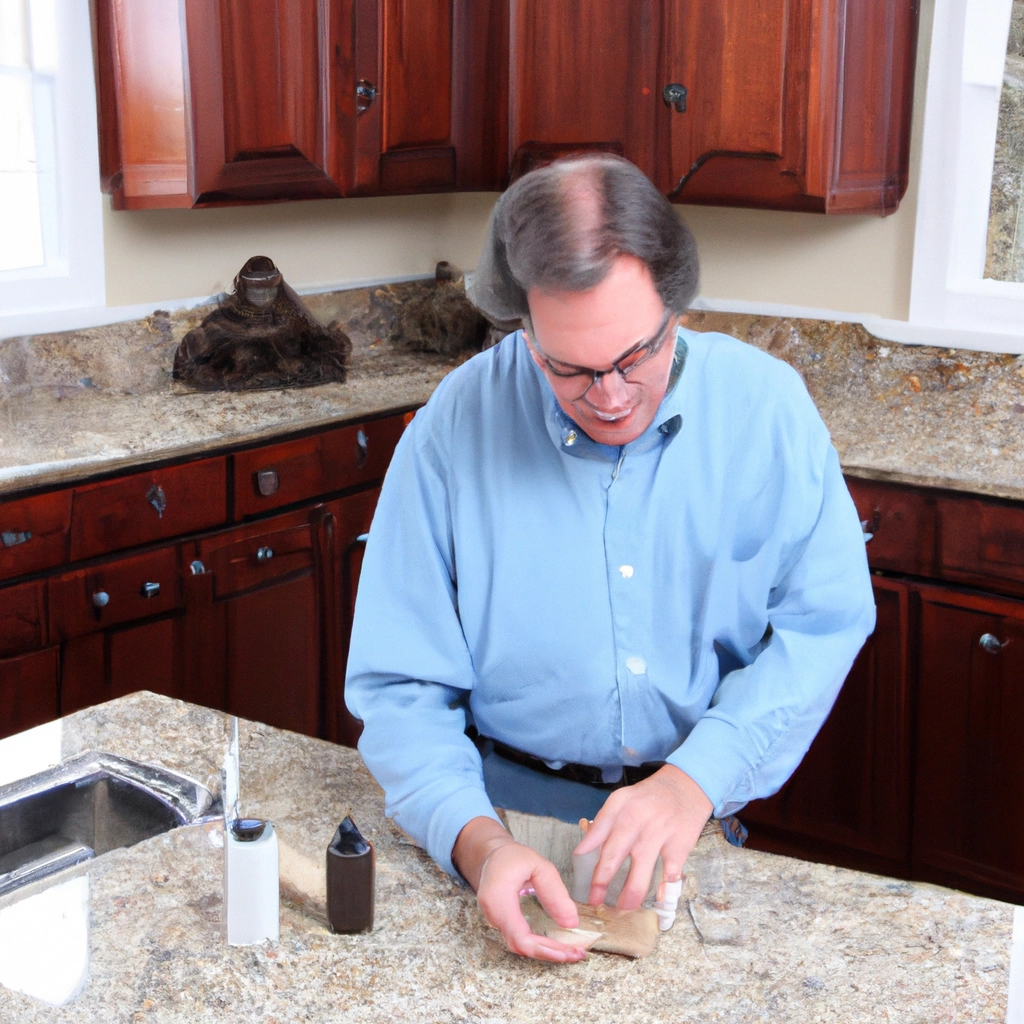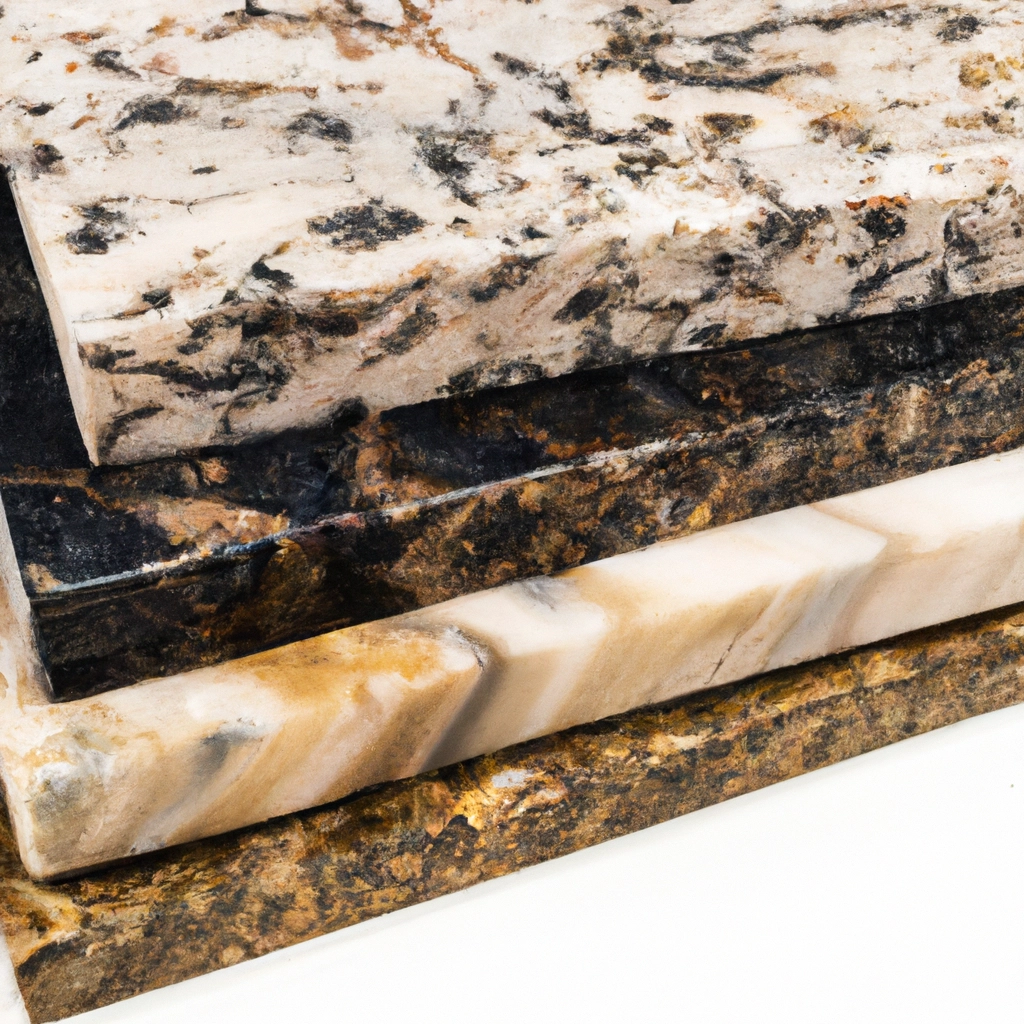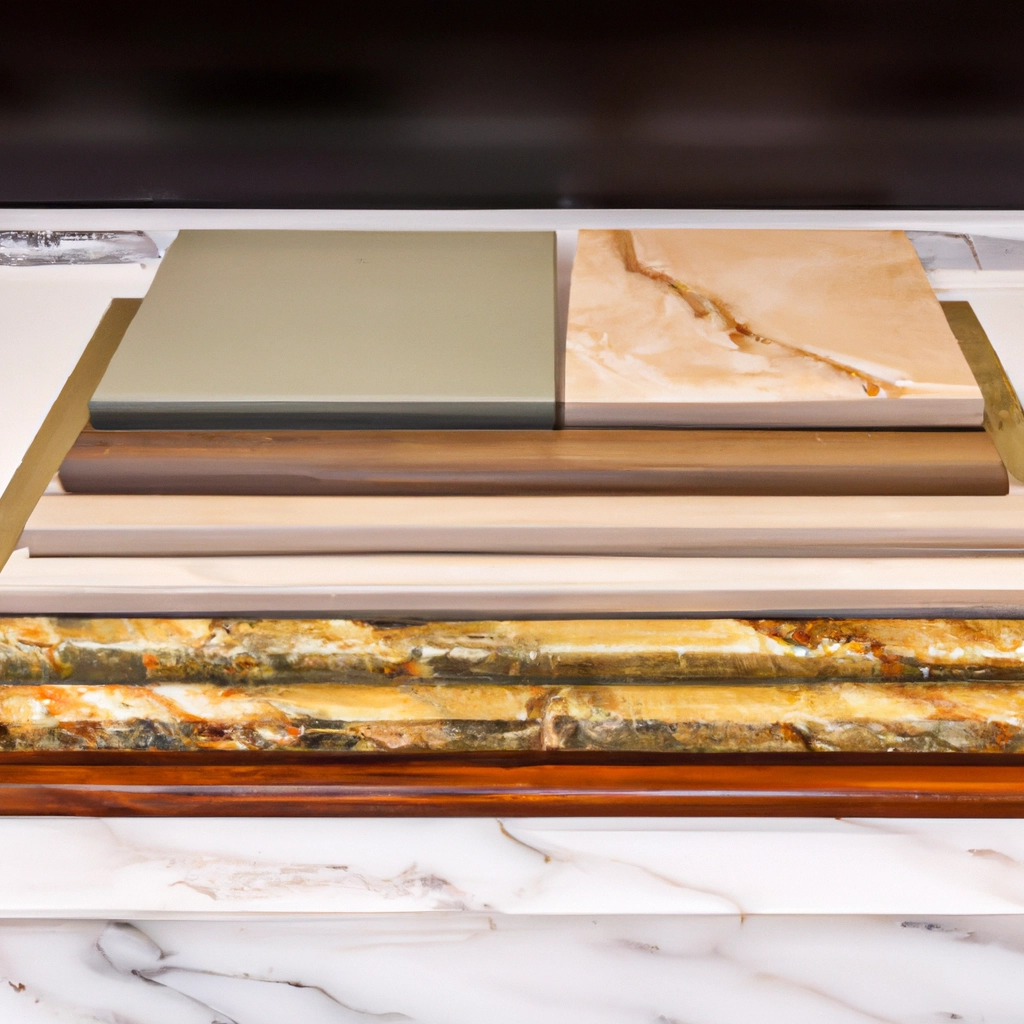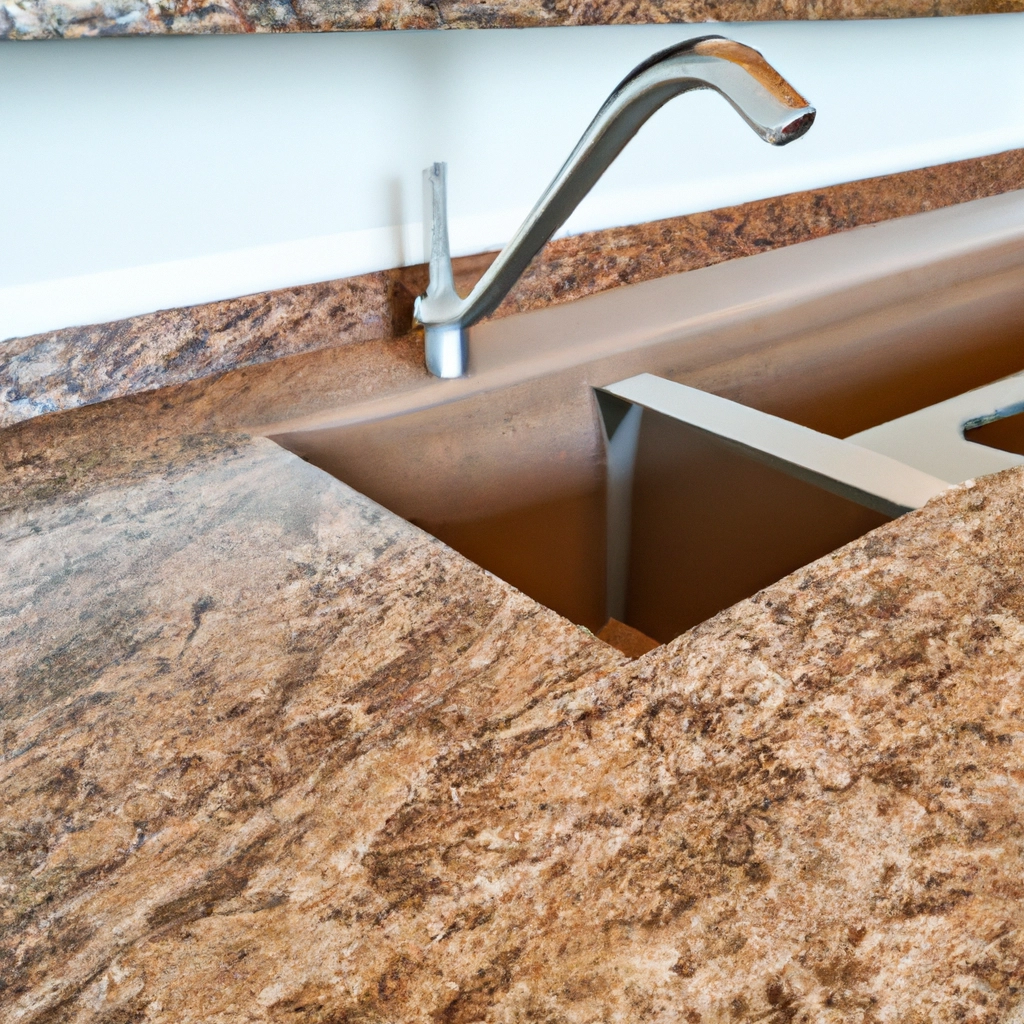| Reason | Explanation |
|---|---|
| Cost | Granite countertops can be expensive to purchase and install. |
| Maintenance | Granite requires regular sealing to prevent staining and damage. |
| Environmental Impact | The mining and transportation of granite can have a negative impact on the environment. |
| Weight | Granite is heavy, which may require extra structural support for cabinets. |
| Style Trends | Granite countertops have become less popular in favor of other materials such as quartz. |
When I first set out to give my kitchen a face-lift, the allure of granite countertops was undeniable. Like many homeowners, I was drawn in by their sleek appearance and the luxury they seem to exude. They’re a staple in kitchen design, commanding attention in home renovation shows and magazines. However, after living with them, I want to share a few reasons that might make you reconsider opting for this popular material. In the following paragraphs, we’ll delve into some unexpected challenges that come with granite countertops.
Cost and Budgeting
Let’s talk numbers—a topic that often causes a bit of a gulp. Choosing granite meant a considerable dent in my budget, more so than I initially expected. While weighing my options, I found that materials like quartz or even high-end laminate offered a similar aesthetic appeal at a fraction of the cost. It’s important to look beyond the upfront price tag and consider long-term value. If you’re on a tight budget or planning for a future home resale, alternative countertop materials could provide better financial flexibility.
Maintenance and Durability
At first glance, granite is the Superman of countertop materials—tough, resistant, almost indestructible. But even Superman has his kryptonite. I quickly learned that granite requires more upkeep than I anticipated. The routine sealing process to prevent stains became a ritual. And despite its tough image, my granite surface wasn’t immune to the occasional chip or crack. This aspect of fragility is something that anyone considering granite should be prepared to face.
Environmental Impact
As I’ve become more environmentally conscious, I’ve started to question the ecological footprint of my choices, including my countertops. Granite extraction involves significant energy usage and disrupts natural habitats. Knowing what I know now about the considerable resources required for granite processing, I can’t help but feel a twinge of regret. There are greener alternatives out there that I wish I had explored further, materials that are kinder to our planet and still stylish.
Style and Trends
The longevity of granite is often praised, but trends have a pesky habit of changing. What was once the height of fashion can quickly become dated. This was a hard pill to swallow when I realized that my expensive granite countertops were no longer en vogue. It’s worth considering materials that allow for more frequent updates or alterations. Flexibility can be an asset when it comes to keeping your kitchen style current without a complete overhaul.
Conclusion
Summing up the counterargument against granite countertops isn’t easy, especially since they do have their merits. However, my own journey with granite has been eye-opening, sparking a deeper look into the practical, environmental, and stylistic implications of this common choice. Reflecting on the decision now, I would advise anyone on the countertop hunt to weigh their options and consider going a different route—one that aligns with your values, needs, and the ever-changing landscape of interior design.
Frequently Asked Question
-
What are some alternative countertop materials to consider instead of granite?
Some alternative countertop materials to consider instead of granite include quartz, marble, concrete, and wood. Quartz is a popular choice for its durability and low maintenance, while marble offers a timeless and elegant look. Concrete countertops provide a modern and industrial aesthetic, and wood countertops offer a warm and natural feel. Each of these materials has its own unique characteristics and benefits, so it’s worth exploring all options to find the perfect fit for your kitchen or bathroom.
When choosing an alternative countertop material, consider factors such as durability, maintenance, aesthetic appeal, and cost. Take into account your lifestyle and usage patterns to ensure that the chosen material will meet your needs and preferences. Additionally, consult with a design professional or countertop specialist to gather more information and advice on the best alternative countertop material for your specific requirements.



